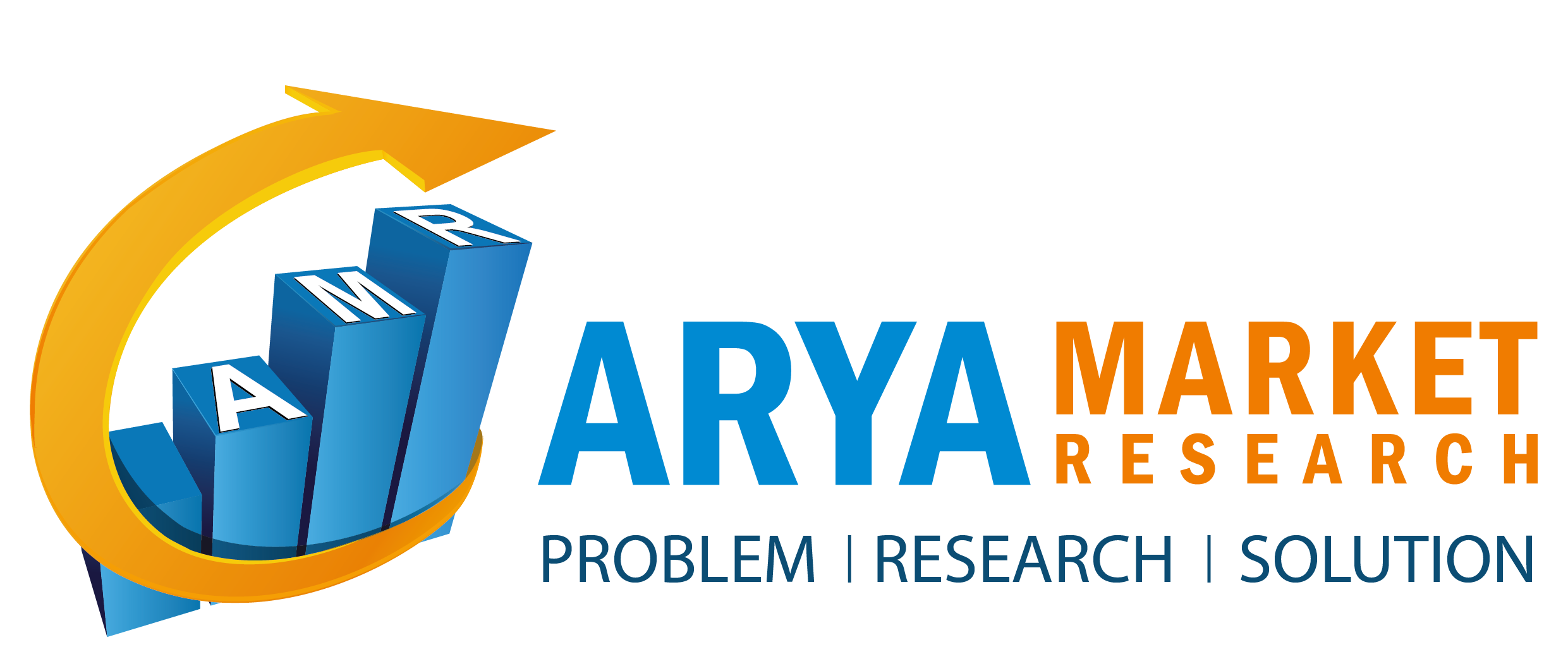Menu

PAPI
The Pen-and-Paper Personal Interview (PAPI) method describes any survey where the initial dataset is collected using pen and paper rather than electronic devices. While many surveys now use Computer-Assisted Personal Interviews (CAPI) methods, pen-and-paper has several key advantages over electronic methods that may be important to the researcher.
The main features of this technique:
- This means that pen-and-paper surveys can be iterated very quickly at small scale, making them ideal for data collection pilots where continual redevelopment or reorganization of surveys is expected to take place.
- Pen-and-paper surveys are also guaranteed to produce a permanent primary record of data collection. Each form can be individually numbered during collection and stamped or signed by supervisors during field-side quality assurance. Depending on the desired workflow, pen-and-paper surveys can be digitized in various fashions, including by scanning and data entry; directly via Excel or a database program; automatically using a tool such as ODK Scan; or online using an interface like Survey CTO.
- Pen-and-paper surveys are also typically easier for enumerators or respondents to give open-ended or qualitative responses to, since computer-assistance may be unable to handle local languages, or auto-correcting features of tablets may garble inputs in settings where English spellings are highly variant.
